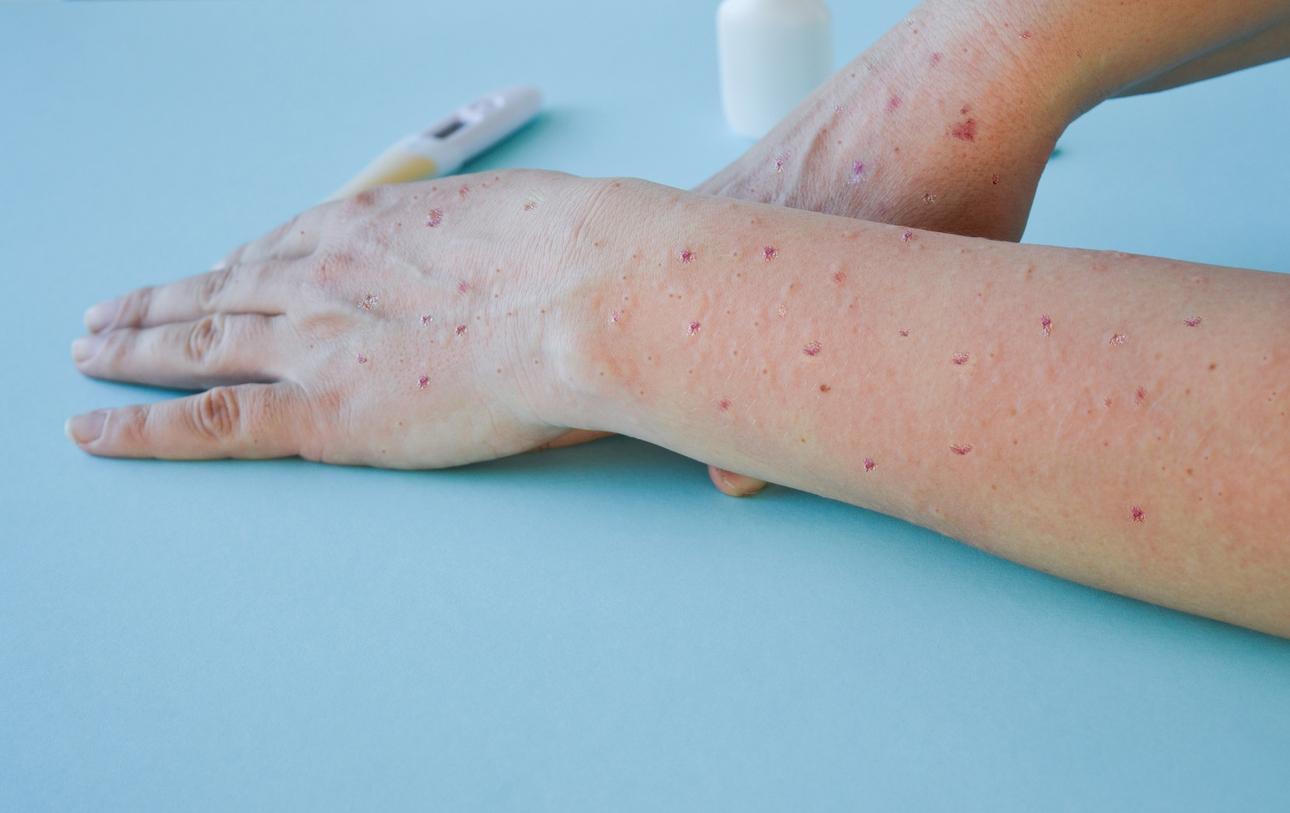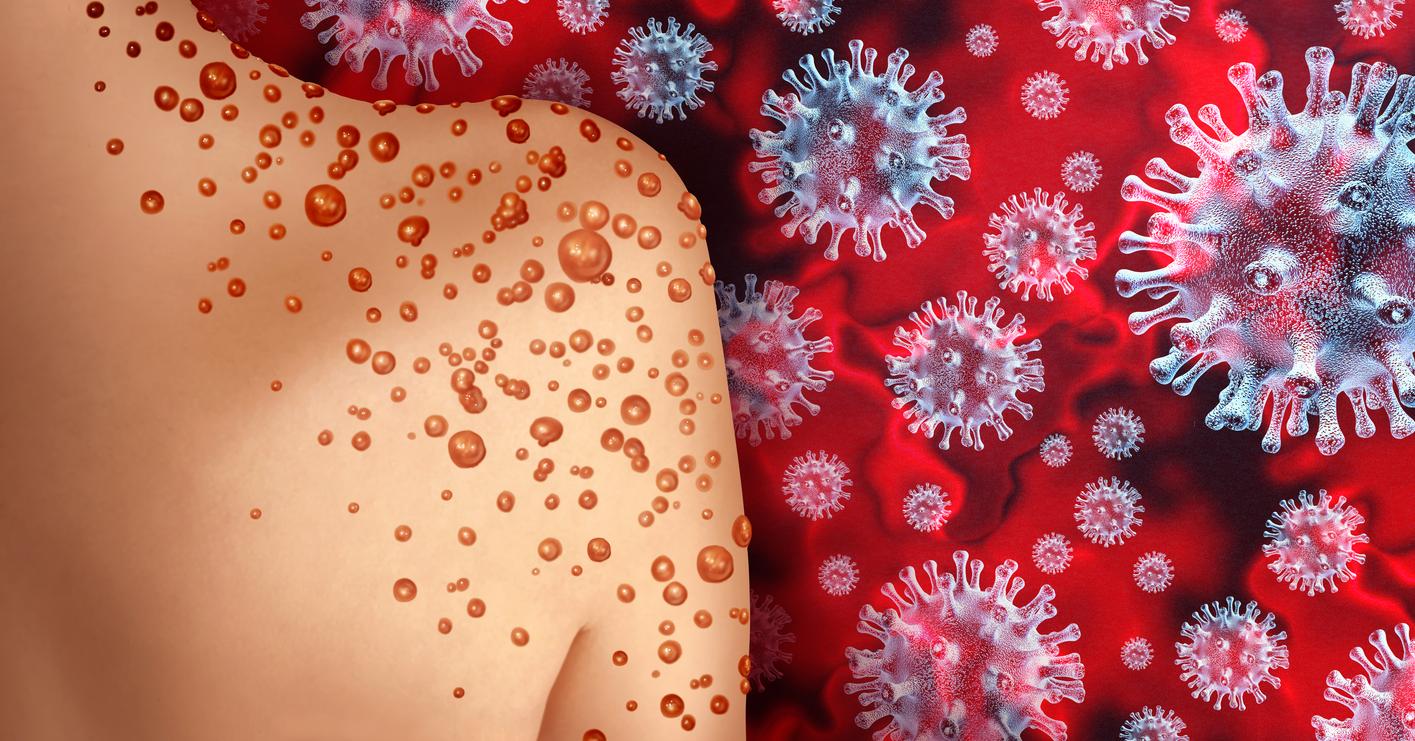A new clinical trial of GSK’s Ebola vaccine confirms that it is safe and does trigger an immune response. Other researchers are worried about the mutation of the virus.

The Ebola epidemic “slows down but is not yet contained”, warned this Thursday David Nabarro, the UN special coordinator for the fight against this hemorrhagic fever, on the eve of a Union summit African woman who will address the subject. And to successfully overcome the virus, researchers are working tirelessly. With successes to the key.
The safe GSK vaccine
A new phase I clinical trial (1) on an experimental Ebola vaccine developed by GlaxoSmithKline and the American Institute of Infectious Diseases has confirmed that the product is safe (harmless). “The 60 healthy volunteers (UK) who tested the vaccine between September and November in Oxford tolerated it well. The product did indeed trigger responses of the immune system at the different doses tested, ”say the researchers.
“We have not identified any safety problem with any of the doses used”, conclude these doctors who published their results this Wednesday in the journal New England Journal of Medicine (NEJM).
Soon trials on populations at risk
Encouraging data since GSK’s “ChAd3” vaccine is supposed to fight against the Zaire strain of the Ebola virus, responsible for the current epidemic in West Africa.
The United States, in collaboration with the Liberian government, will soon start phases II (2) and III (3) of this clinical trial in Liberia. Doses will be injected to a larger number of people at risk of being infected with hemorrhagic fever, including caregivers and funeral directors.
A mutated virus can become more contagious
The only downside today concerning the Ebola epidemic, the statements to the BBC of scientists working in Guinea who said that the virus had mutated since the discovery of the first cases in March 2014.
Among them, Dr Anavaj Sakuntabhai of the Institut Pasteur affirms: “so far, it has not been possible to determine exactly how the virus has mutated. She continues, “We need to know how the virus has changed to be up to date with this enemy. This is not, however, a unique case. Like most RNA viruses, especially influenza, Ebola hemorrhagic fever has a high rate of mutation. This means that the virus can adapt and potentially become more contagious, ”she concluded.
A similar study in Sierra Leone showed that the Ebola virus mutated considerably in the first 24 days of the outbreak, according to the World Health Organization.
In total, the Ebola epidemic which started in early 2014 killed some 8,600 out of 22,000 recorded cases. The three most affected countries are Liberia, Sierra Leone and Guinea, according to a WHO report stopped on January 17. Transmission is also “still active in the capitals of these three countries (Conakry, Freetown and Monrovia)”, according to a InVS review published this Thursday. There is currently no vaccine.
(1) At this stage, the tests are carried out mainly on a limited number of healthy subjects, under strict medical supervision. The molecule is tested over a short period. The objective is to evaluate the safety of use of the product, its fate in the organism, its tolerance threshold as well as the undesirable effects.
(2) The trials are performed on a larger number of patients. Their objective is to test the effectiveness of the product and to determine the optimal dose (dosage).
(3) Trials conducted on large patient populations.
.















